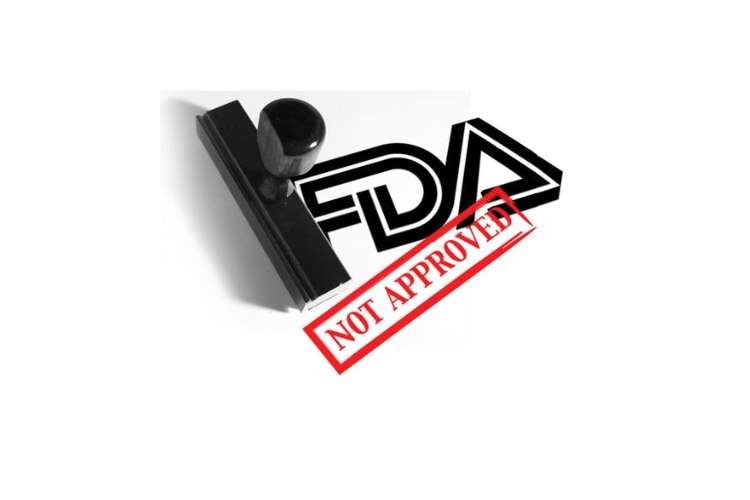Outlook Therapeutics has been working on a reformulated version of Roche’s cancer drug Avastin for the treatment of certain eye diseases. But the FDA has turned down the company’s application, citing several shortcomings.
The FDA issued a complete response letter to Outlook for its drug Lytenava, or bevacizumab-vikg, for the treatment of wet age-related macular degeneration (AMD), the company announced on Wednesday.
The drug would have been the first approved, ophthalmic formulation of bevacizumab in the market. Many analysts expected the drug to get the green light, given the long history and existing knowledge of off-label use of Avastin in eye diseases.
However, the FDA was not satisfied with Outlook’s application, even though it included a positive pivotal trial.
The FDA raised several issues related to chemistry, manufacturing and controls (CMC), observations from pre-approval manufacturing inspections, and most importantly, the need for more confirmatory clinical data, according to the company.
Outlook has partnered with Fujifilm Diosynth Biotechnologies and Ajinomoto Biopharma Services to help produce its bevacizumab reformulation.
Avastin is approved by the FDA to treat various cancers by blocking the growth of new blood vessels that feed tumors. This anti-VEGF mechanism is also effective in treating diseases that involve abnormal blood vessels in the back of the eye. Eylea from Regeneron and Lucentis from Roche and Novartis are blockbuster VEGF inhibitors for the eye.
Meanwhile, several Avastin biosimilars are available in the US. But they can only officially target the same indications as the original drug.
Twelve years ago, a collaboration between the University of Pennsylvania and the National Eye Institute found that Avastin and Lucentis had similar effects on improving vision in wet AMD patients. But those results were never submitted to the FDA for approval.
In Outlook’s phase 3 NORSE TWO trial, 42% of wet AMD patients who received Lytenava, also known as ONS-5010, gained at least 15 letters (three lines) of vision in a common test. The trial met its primary and secondary goals with high statistical significance, Trenary said.
Outlook has hired several former FDA reviewers and lawyers to help the company understand and address the FDA’s questions, Trenary added. Despite the setback, the company is still aiming for an FDA approval.





























